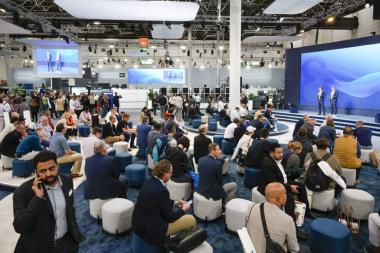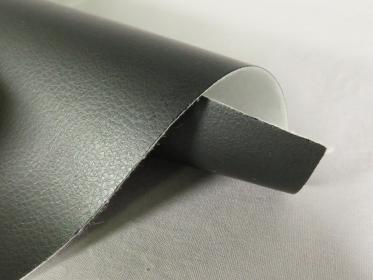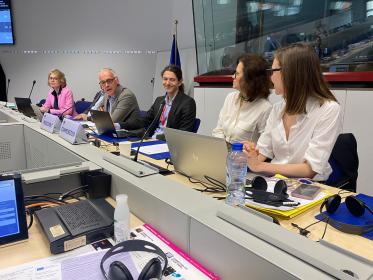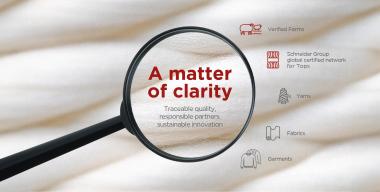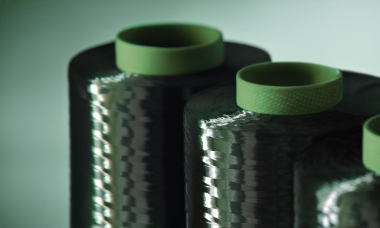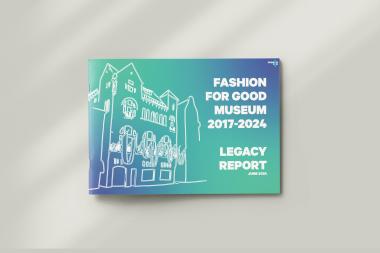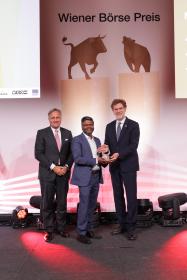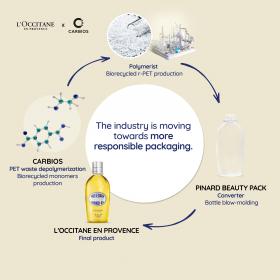Lectra: TextileGenesis joins forces with Forest Stewardship Council ® (FSC®)
The Lectra Group company announced a new collaboration between TextileGenesis, the textile traceability platform and the Forest Stewardship Council (FSC®). It will enable the implementation, via the TextileGenesis platform, of new solutions to ensure the traceability of cellulose fibers from responsibly managed forests.
In fashion, many textiles such as viscose, lyocell and modal use man-made cellulose fibers. These fibers are themselves made from wood pulp, the production of which can contribute to deforestation.
Founded in 1994, the Forest Stewardship Council (FSC®) is an international NGO whose mission is to promote responsible forest management worldwide. In particular, the organization offers certification for products and raw materials which have been obtained from wood grown in responsibly managed forests, and comes from supply chains where social rights of workers, communities and indigenous peoples have been safeguarded.
Amit Gautam, founder and CEO of TextileGenesis, explains: "We've already been working with Man Made Cellulosic Fiber Producers for several years to facilitate, thanks to our blockchain-inspired technology, the traceability of fibers manufactured by the most virtuous producers, and we've integrated their analysis criteria into our platform. By also becoming an FSC® partner today, we're taking things a step further. This new collaboration will support companies in the traceability of FSC certified fibers and support the administration and data management of FSC Chain of Custody certification. All players in the value chain will benefit from increased transparency and much more reliable upstream data. Fashion brands will be able to demonstrate much more easily that their garments use textiles made from responsibly sourced man-made cellulose fibers."
Fabian Farkas, FSC International Chief Commercial Director, adds: “We are seeing a rapid increase in interest in FSC certification from the textile industry, marking a very positive trend. Through this collaboration with TextileGenesis, we aim to simplify the administrative part of FSC certification for companies within the textile supply chain by automating many required data processes. Our goal is to empower brands to identify opportunities for seamless progress in meeting their FSC procurement policies.”
Following the signature in October 2023 of a memorandum of understanding with the International Cotton Association (ICA) and the launch last January of two consortiums with footwear and leather players, and more recently the announcement of its partnership with the Aid by Trade Foundation (AbTF), the initiator of The Good Cashmere Standard® (GCS), TextileGenesis confirms, with this new collaboration with the FSC®, its central place in the ecosystem of players mobilizing for more sustainable and responsible fashion.
Lectra











